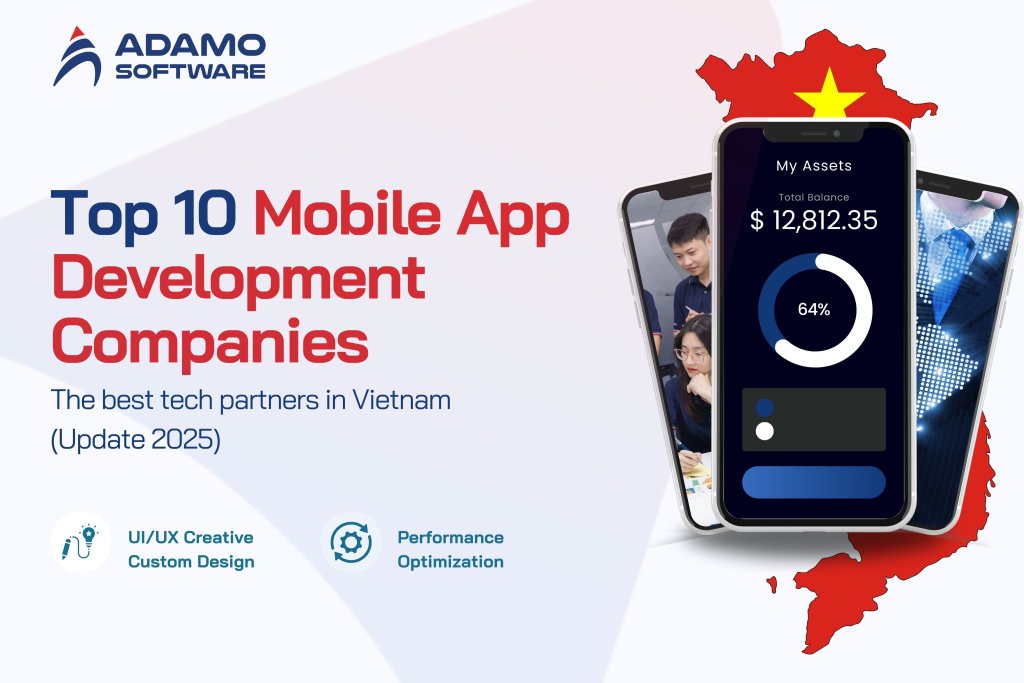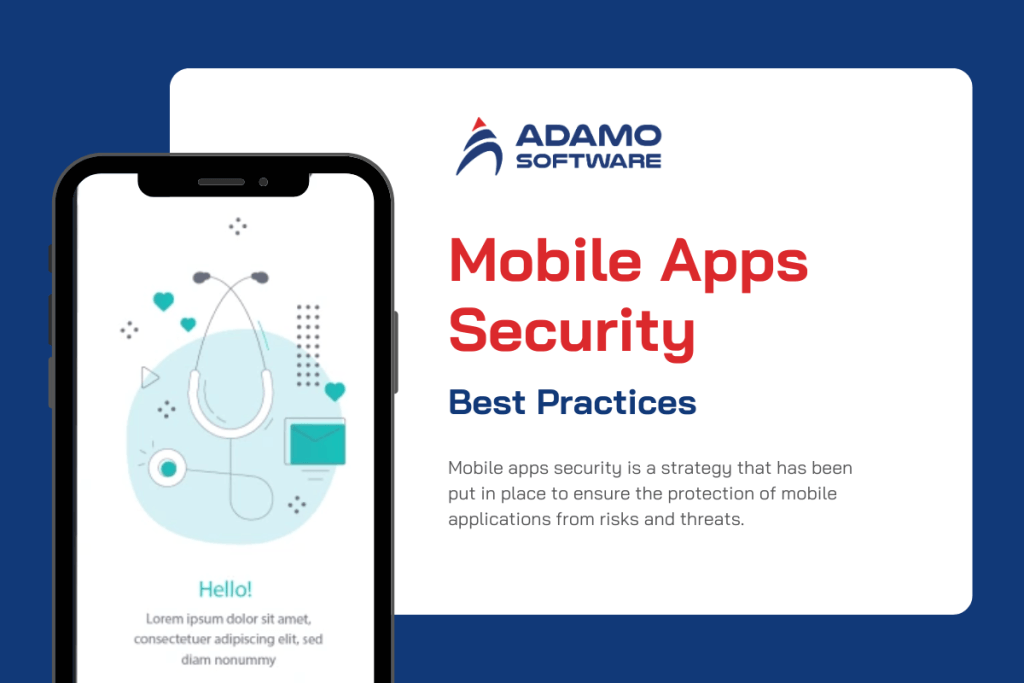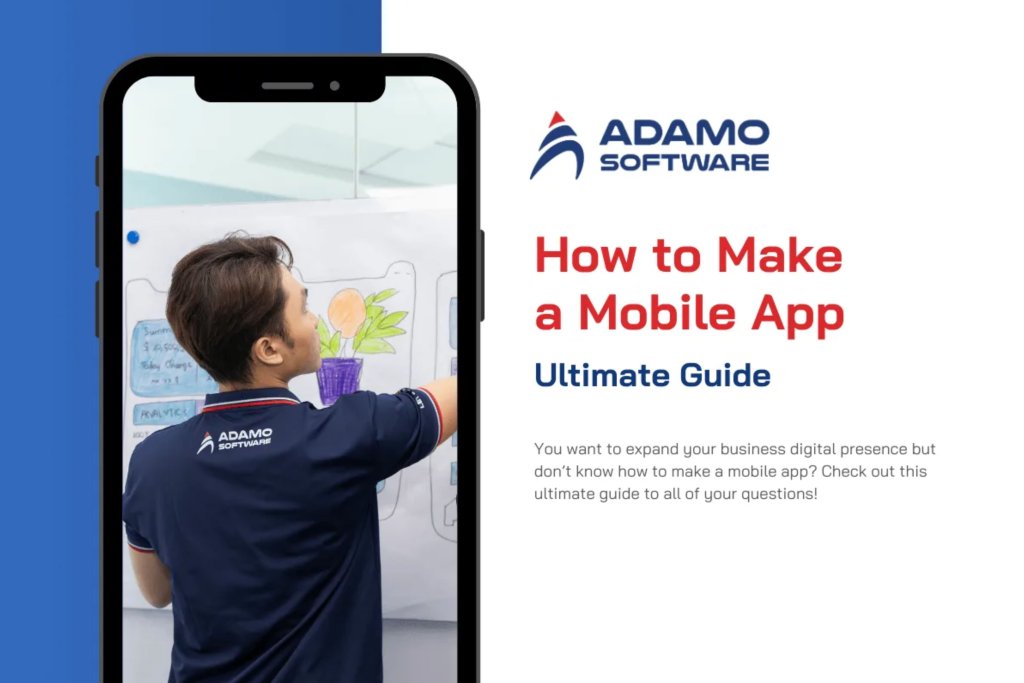Top 7 Android mobile app development language in 2026
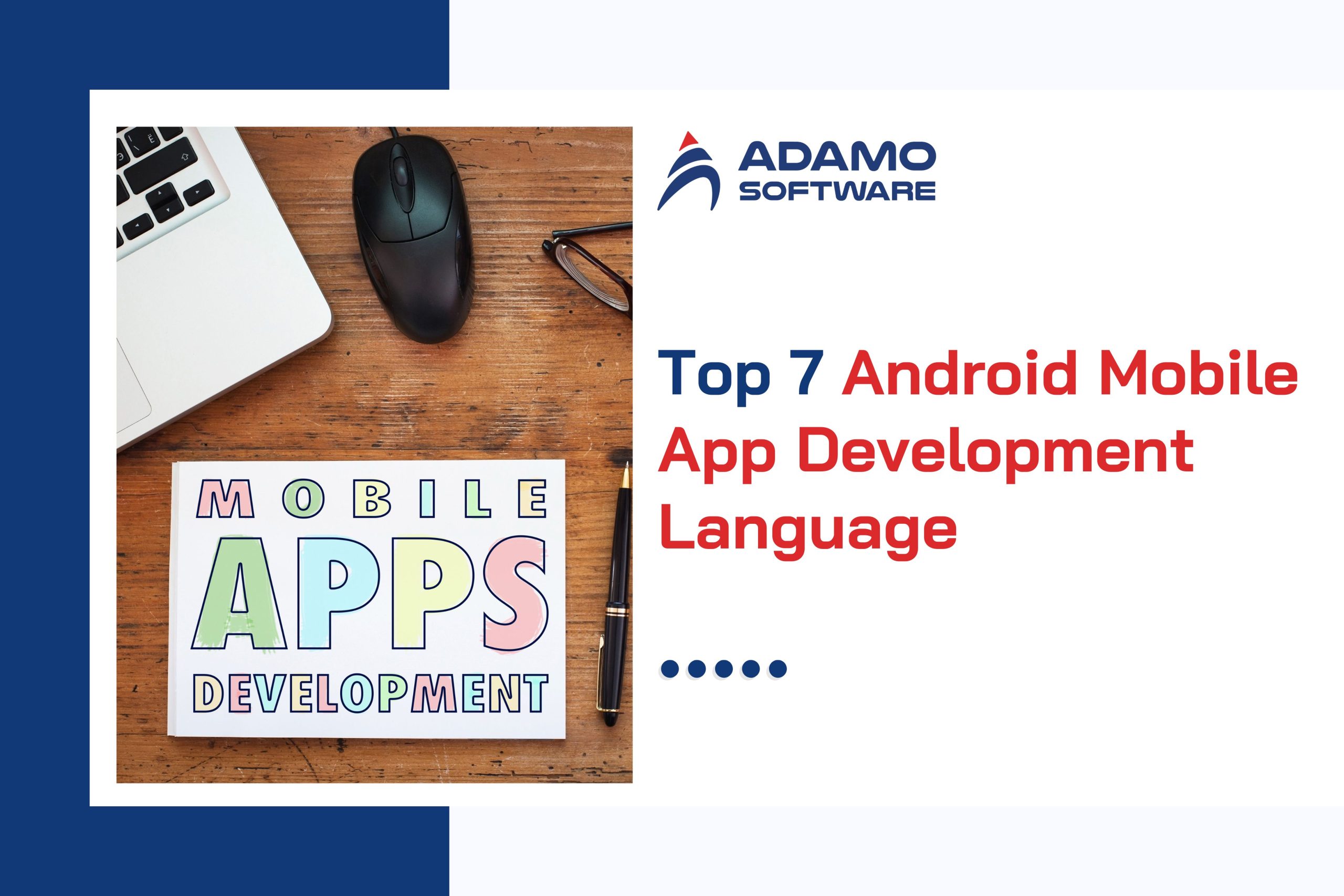
Utilizing the best Android mobile app development language can aid in promoting your business idea to customers and boosting revenue significantly.
Today’s consumers rely significantly on mobile apps to complete various daily tasks. With the advent of smartphones, virtually every service is available online. Using Android apps installed on your smartphones, you can do anything from reserve a hotel to place a food order to check your email.
It is essential to choose the best Android mobile app development language to achieve the best results in terms of driving user engagement with the Android app. In this article, we have endeavored to provide a list of the most popular and trending programming languages for developing the most secure Android apps.
I. Why Should We Build Applications for Android?
Android is a mobile operating system (OS) that was introduced by Google in 2008 and is presently utilized by numerous device manufacturers, including Google, Samsung, Sony, Nokia, and others. Android supports both smartphones and tablets, with over three billion active users, the largest user base of any operating system – triple the number of active Apple iPhones and garnering 69.74% of the global mobile operating system market.
With Android and enterprise mobile app development, in general, experiencing such rapid growth, an increasing number of current and aspiring software developers are focusing on Android app development.
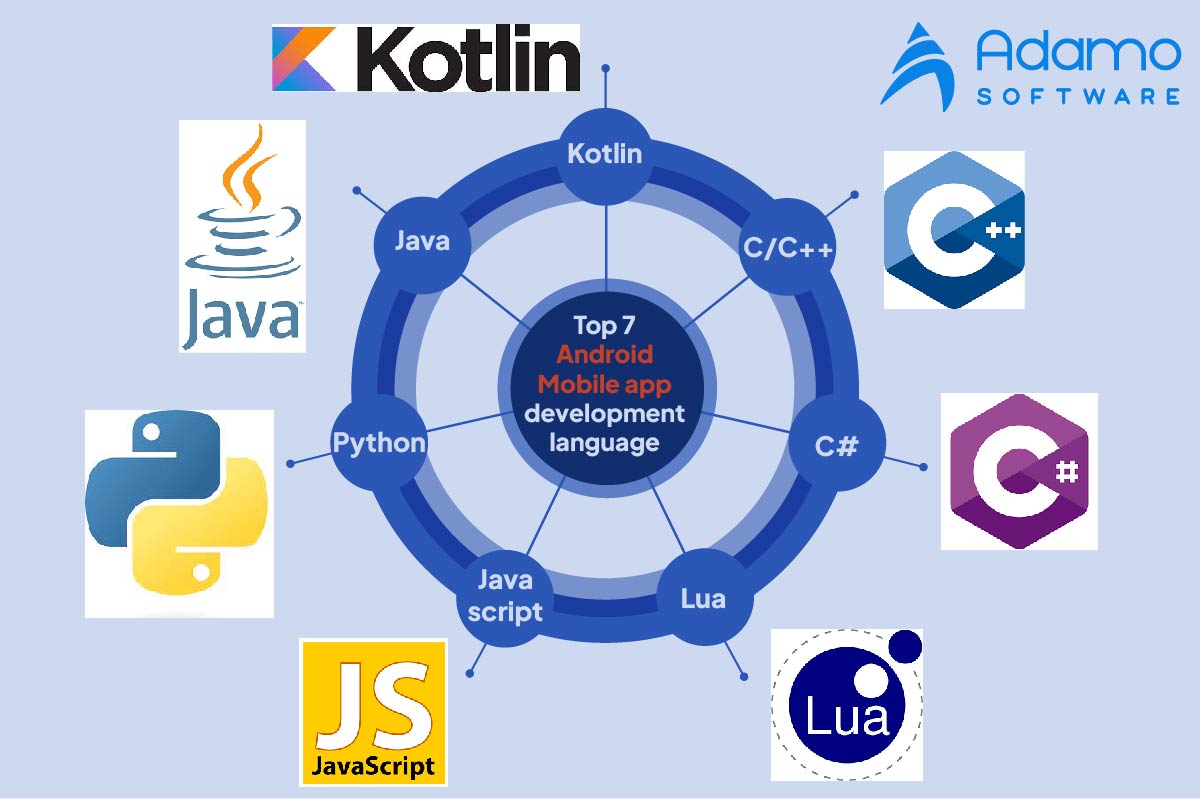
II. Top 7 Android Mobile App Development Language
1. Java
a. Pros
Java is an excellent Android mobile app development language for developers interested in Android app development. Along with Kotlin, Java offers the highest compatibility with Android devices for apps. If you intend to publish your app on the Play Store, you must ensure that it is compatible.
In addition to being cross-compiled, Java is one of the simplest Android mobile app development languages to learn and use. This is an essential consideration for novice programmers.
Java’s extensive code libraries provide developers with a wealth of resources when they encounter roadblocks or wish to make enhancements. Without having to invest time searching forums or social media groups, it is simple to locate any project-specific information you require using these libraries.
b. Cons
Even though it is one of the most widely used Android mobile app development languages in the world, it has some drawbacks. An issue is that mastering Java can be challenging and requires years of experience to be truly effective. It also provides a large number of libraries, making it difficult to learn the Android mobile app development language without extensive study.
2. Kotlin
a. Pros
There are numerous advantages to selecting Kotlin over other Android mobile app development languages. It is a modern language without too much archaic baggage, so there are fewer peculiarities and fewer perplexing characteristics. Since it is a compiled language, it will be simpler to scale your app to multiple platforms or devices, including Java-based mobile apps.
In addition, it has interesting features such as null safety and lambdas. Null safety prevents your app from crashing or issuing errors when null pointer exceptions are encountered. Lambdas make scripting more efficient by enabling the creation of single-line methods. That can be executed anywhere in your application without altering the logic flow.
b. Cons
Kotlin is an excellent Android mobile app development language for developing Android apps because it is more succinct and type-safe than Java. However, there are drawbacks to using Kotlin as your primary programming language.
Kotlin is difficult to debug and has compatibility issues with prior versions of Android and the tools used to create Android apps. Some even claim there is a paucity of documentation regarding how certain features operate.
As Kotlin is a young Android mobile app development language, it may only be supported on new devices for a limited duration. It is also an evolving language that requires additional time to mature, so you will need to keep up with the changes as they occur.
3. C/C++
a. Pros
C++ is an Android mobile app development language that has existed since 1979 and remains ubiquitous due to its ability to be compiled for various platforms.
This Android mobile app development language is regarded as one of the best for app development due to its simple syntax and high speed. C++ is also utilized in the game development, machine learning, and desktop app industries.
b. Cons
C++ is among the most challenging Android mobile app development languages to master. It is also an ancient programming language with numerous variants, each with unique syntaxes. This can be a significant obstacle for novice Android app developers. Regardless, C++ is still utilized in the industry by seasoned professionals.
4. C#
a. Pros
C# is a powerful, object-oriented programming language created by Microsoft. It utilized the Common Language Runtime, allowing it to run on multiple platforms. Due to its versatility and ability to be cross-compiled to operate on any platform, C# is one of the most popular Android mobile app development languages among Android app developers.
C# is an object-oriented Android mobile app development language, which means it prioritizes classes and objects over procedures and functions. There are no undefined values, which makes it simpler for programmers to debug their code by providing more information about where to look for errors.
b. Cons
Since its introduction in 2000, C# has been the Android mobile app development language of choice for many software initiatives. It is also one of the most popular programming languages, with approximately 12 million developers worldwide.
Nonetheless, it is not without flaws. C# is a statically typed Android mobile app development language, which means that when variables, methods, and other components are created, their types are determined. This can be advantageous in that you know exactly what you’re getting when you construct something, but it can also reduce the flexibility of your code. A programmer may have to write more lines of code to achieve the same result, which could be time-consuming and contribute to fatigue-related coding errors.
5. Lua
Lua is a lightweight scripting Android mobile app development language widely used in game development and user interface design. Lua is an embeddable language, allowing it to be used for Android or cross-platform development with the assistance of an engine like Solar2D.
6. JavaScript
a. Pros
JavaScript is widely regarded as one of the best Android mobile app development languages overall, as it is suitable for various projects and is renowned for its speed and prowess in developing rich user interfaces and experiences. Multiple cross-platform frameworks, such as React Native, Angular, and Vue, use JavaScript as their programming language.
b. Cons
To have a comprehensive understanding of the web, knowledge of JavaScript is incomplete without HTML and CSS as well.
7. Python
Python is an interpreted, object-oriented, high-level Android mobile app development language with dynamic semantics. That means it is an easy-to-use programming language that can help reduce development time and is supported by a large open-source community and robust frameworks and libraries.
Python can be used for Android development by utilizing third-party utilities that convert Python applications into Android Packages. Python applications are notoriously memory-intensive.
Also read: 7 Best Android IDE for Android Development – How to Choose
III. Factors to Choose Your Best Android Mobile App Development Language
It is possible to create adequate software in Python, Java, C#, PHP, or any other prominent Android mobile app development language. It is also possible to write awful software with them! However, the criterion listed below focuses on the analysis-worthy aspects.
1. Project Requirements and Constraints
Web apps, mobile apps, and embedded firmware – the form of an app being developed has a significant impact on language selection. General Android mobile app development languages such as Java, Python, and C# can be used to construct various apps on different platforms. In certain situations, certain languages perform better.
For instance, creating a native Android app necessitates a functional knowledge of Java, whereas developing native iOS requires Objective-C skills.
2. Team Skills and Expertise
It is not advisable to begin a language project with inexperienced personnel, so it is essential to evaluate the skill set of your team. Is it possible to teach your people a new Android mobile app development language? If there is no compelling reason to introduce new technology, working with existing skill sets is typically preferable for launching initiatives more quickly. Learning new languages and technologies should be reserved for duties with a lower priority.
3. App Complexity and Performance
The size and intricacy of a new app play a crucial role in determining which technology to employ, which is also a crucial factor in determining which Android mobile app development language to employ.
Some CMS systems, such as WordPress, can be used to complete minor projects, such as basic web application forms for data collection. However, PHP knowledge is necessary. Medium-sized initiatives, such as e-commerce websites and Internet of Things (IoT) solutions, typically have diverse layers, integrations, and components. In contrast, an Android mobile app development language like Java or C# could facilitate the necessary skill sets for product maintenance. Complex applications are typically subdivided into smaller components, where each element serves a specific purpose and employs a distinct Android mobile app development language and technology stack to achieve the optimal result.
4. Time and Budget Constraints
Depending on your project’s objectives, the anticipated development speed may vary. In the case of the development of a Minimum Viable Product (MVP), the imperative will be to develop rapidly for a rapid market test. Your application does not necessarily need to be built using the same technology throughout its lifetime.
IV. Adamo Software provides mobile app development services
As the top software development company in Vietnam, Adamo Software offers mobile app development services for global clients in various industries from travel and hospitality software development, healthcare software development, to food and beverage software development and e-commerce as well. If you are interested in transforming your business ideas into the business world, contact us for more details.



